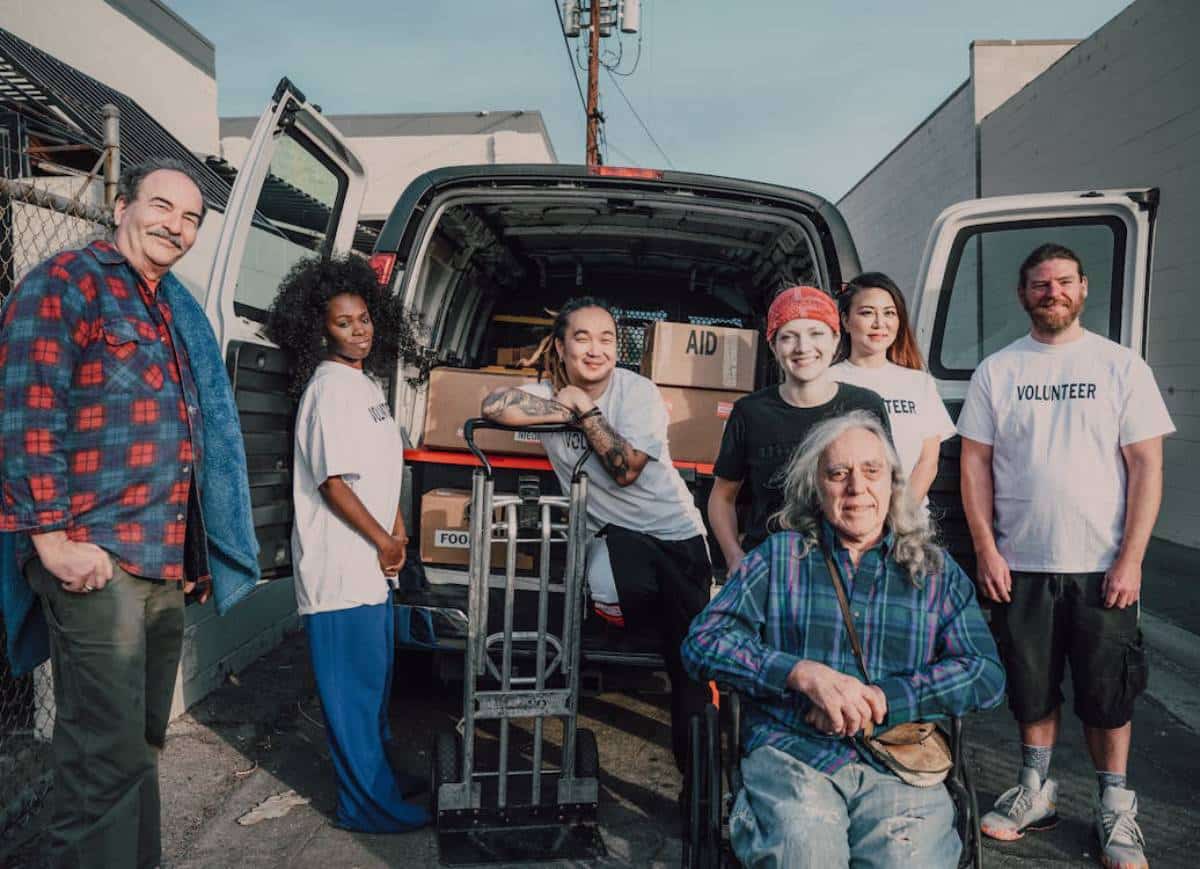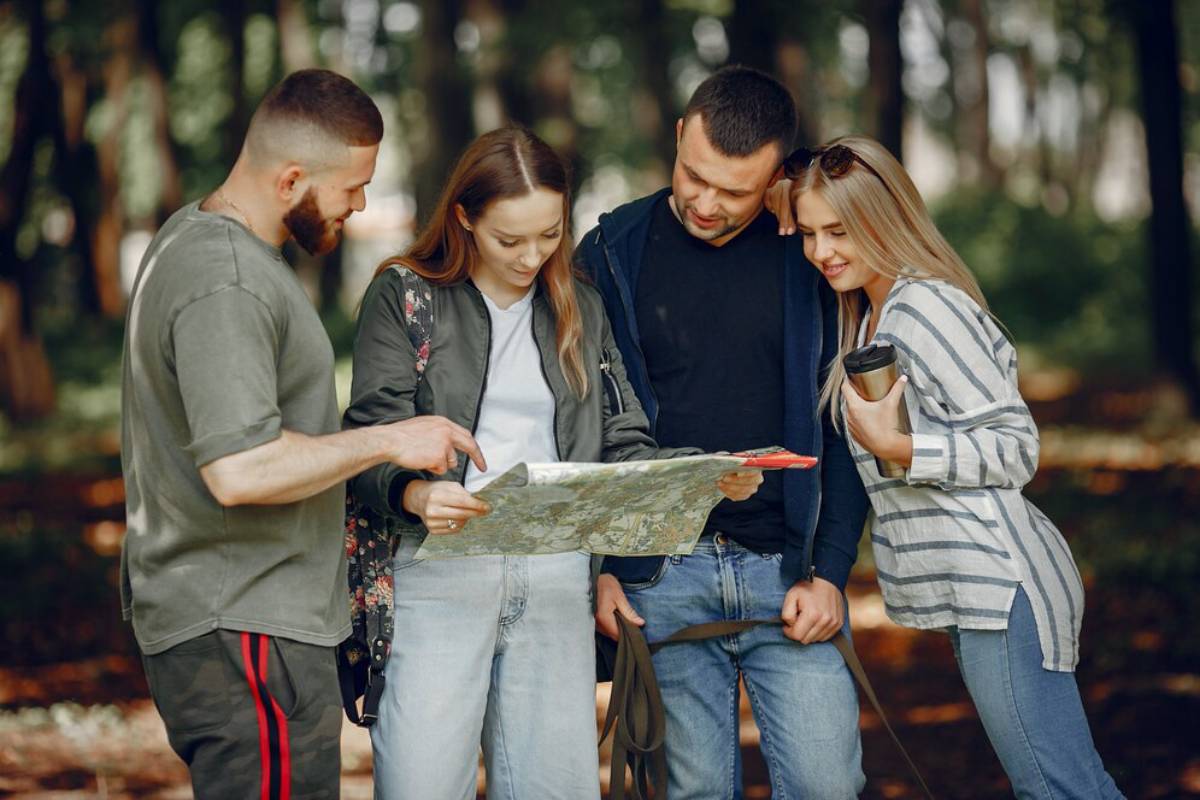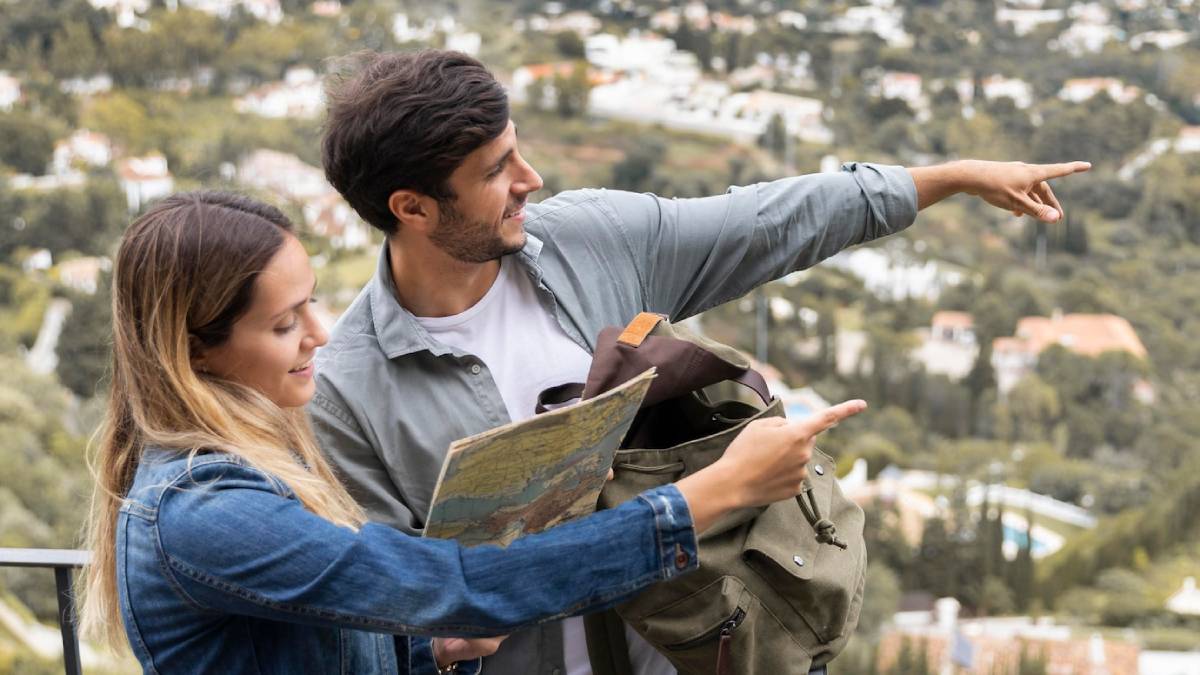
How to Choose the Right Volunteer Travel Program
Volunteer travel, or voluntourism, lets you discover new cultures and help needy communities. It mixes travel adventures with service work. This work helps local communities in a positive way. However, selecting the right one can be overwhelming with so many programs available. Some programs truly help communities. However, others might cause harm or only benefit the volunteers. This guide helps you pick a volunteer travel program. It focuses on ethics and impact, matching your goals and values.
Pro Tip:
When selecting a volunteer program, prioritise ethical practices and the long-term impact on the community. Always choose programs that involve locals in decision-making and focus on sustainable development.
Quick Guide: How to Choose the Right Volunteer Travel Program
- Define Your Goals: Identify what you want to achieve, whether it’s skill development, cultural immersion, or making a positive impact in areas like healthcare or conservation.
- Research Programs: Look for reputable organisations with clear missions and transparency. Check reviews and testimonials to assess impact.
- Assess Ethical Practices: Ensure the program engages local communities, avoids exploitative practices, and supports sustainable development.
- Evaluate Logistics: Consider the program’s duration, location, accommodation, safety, and extra costs like visas and insurance.
- Reflect on Your Impact: Think about how your skills will contribute to the community’s growth and whether the program has long-term benefits.
Important:
Volunteering abroad can be a transformative experience. Ensure that you choose a program that aligns with both your personal goals and ethical standards for the best outcome for everyone involved.
Why Choosing the Right Program Matters
Choosing the right volunteer travel program is key. It ensures that both you and the community gain from the experience.
1. Maximise Positive Impact
A well-structured program aligns with the community’s actual needs. Volunteering may do more harm than good without proper planning and understanding. Many misconceptions surround eco-volunteer travel. Pick a program that values local voices. This way, your contribution will be meaningful and last over time.
2. Ensure Ethical Practices
Not all volunteer programs are built on ethical foundations. Some programs might unintentionally hurt vulnerable communities. They can also exploit children and other at-risk groups. An ethical program focuses on the community’s well-being. It involves locals in decision-making and avoids creating dependency.
3. Enhance Personal Growth
The right program allows you to contribute positively and fosters your personal growth. You gain new perspectives and practical skills through cultural immersion and hands-on experiences. You also build lasting connections with people from different backgrounds.
Common Misconceptions
- “All Volunteering is Good”: While many programs start with noble intentions, not all succeed. Choosing the right program requires a blend of ethics and thorough research. It’s crucial to ensure that everyone involved reaps the rewards. Without proper guidance, good intentions can veer off course. Make your volunteer journey impactful—do your homework first!
- “Voluntourism is Just for Show”: Ethical voluntourism blends meaningful service with exploration. When done well, it benefits communities and provides great experiences for volunteers.
Key Benefits of Volunteering Abroad

1. Cultural Immersion and Learning
Volunteering helps you connect with local communities. It gives you a better understanding of their cultures, languages, and traditions. This experience broadens your worldview and encourages empathy and global awareness.
2. Skill Development
Volunteering helps you gain important skills. These include communication, leadership, problem-solving, and teamwork. Working in different environments helps you adapt and be more resilient. These skills are useful in both personal and work life.
3. Sustainable Impact and Community Development
Picking the right program boosts education, healthcare, conservation, and community development over time. Ethical programs bring lasting change. They help communities thrive even after volunteers are gone.
Real-Life Applications and Insights
Conservation Efforts in the Amazon
Imagine volunteering in the Amazon rainforest to protect endangered species and fragile ecosystems. Through such programs, volunteers help preserve biodiversity and learn about environmental challenges firsthand. This experience can inspire environmental science, advocacy, or sustainable development careers.
Healthcare Volunteering in Rural Clinics
Volunteering at rural healthcare clinics provides critical support in underserved communities. Volunteers gain insight into global health disparities while contributing to improved healthcare access. This hands-on experience can shape public health, medicine, and social work careers.
Step-by-Step Guide to Choosing the Right Volunteer Travel Program
1. Define Your Goals and Interests
Begin by identifying your motivations for volunteering. Ask yourself:
- What skills do I want to develop or share?
- Am I passionate about education, healthcare, or environmental conservation?
- Do I seek cultural immersion or personal growth?
Clarifying your goals helps focus on programs that match your values and what you want to achieve.
2. Research and Evaluate Programs
Once you know what you want, research programs that match your interests. Look for:
- Reputable Organisations: Check reviews, testimonials, and independent assessments to evaluate the program’s impact.
- Program Mission and Goals: Our mission is to align with the heartbeat of the community.
- Transparency and Accountability: Ethical programs reveal how every resource and volunteer shapes lasting change.
3. Assess Ethical Practices
Ethical tourism is a cornerstone of responsible volunteer travel. Look for programs that:
- Embrace Local Communities: Involving locals weaves a tapestry of lasting impact.
- Champion Fair Wages: Our ethical programs empower local staff with fair compensation.
- Avoid Exploitative Practices: Be careful with programs that involve vulnerable groups. For example, orphanage volunteering can create harmful cycles.
4. Consider Program Logistics
Logistics play a significant role in ensuring a positive experience. Evaluate the following factors:
- Duration and Location: Choose a program that fits your schedule and comfort level.
- Accommodation and Safety: Look for programs that provide safe and comfortable living arrangements.
- Additional Costs: Consider any extra costs, such as travel insurance, visas, and vaccinations.
5. Reflect on Your Impact
Finally, think critically about the potential impact of your work. Ask yourself:
- Will my skills and contributions genuinely benefit the community?
- Is the program designed for long-term sustainability?
- Are there opportunities for ongoing involvement after the program ends?
Additional Expert Tips & Common Mistakes to Avoid
Best Practices for Volunteer Travel
- Be Open-Minded and Adaptable: Embrace cultural differences and remain flexible in challenging situations.
- Communicate Well: Listen to local staff and volunteers. Work together to build trust.
- Document Your Experience: Reflect on your journey by journaling or sharing your experiences through a blog.
Common Mistakes to Avoid
- Underestimating the Commitment: Volunteering can be physically and emotionally demanding. Prepare yourself mentally and physically.
- Focus on the Community: Don’t pick programs that put your needs first.
- Neglecting Ethical Standards: Ensure the program follows ethical guidelines and supports lasting impact.
Advanced Insights and Expert Recommendations

Explore Niche Programs
Consider specialised programs that align with your expertise or passions, such as:
- Marine Conservation: Protect endangered marine species and ecosystems.
- Cultural Preservation: Help document and preserve indigenous traditions.
Engage in Post-Volunteering Activities
Extend your impact by staying involved even after your program ends. You can:
- Fundraise or Advocate: Support the community through continued advocacy and fundraising.
- Offer Remote Support: Assist with administrative tasks, marketing, or education remotely.
Network with Fellow Volunteers and Professionals
Building connections with other volunteers and professionals can open doors to future opportunities. Networking boosts your grasp of global issues. It also helps you make a bigger impact.
Frequently Asked Questions (FAQ)
1. How do I know if a volunteer travel program is ethical?
Look for programs that engage local communities, promote sustainable development, and avoid exploitative practices. Ethical programs are transparent about their goals and include the host community in decision-making.
2. What types of projects can I volunteer for?
Common projects include education, healthcare, conservation, community development, and disaster relief. Some programs also focus on niche areas like marine conservation or cultural preservation.
3. How long should I volunteer for?
Program durations vary from one week to several months. Choose a duration that fits your schedule while allowing enough time to make a meaningful impact.
4. Do I need special skills to volunteer abroad?
Most programs welcome volunteers with a variety of skill levels. However, some specialised programs, like medical or teaching projects, may require relevant qualifications or training.
5. What costs are involved in volunteer travel?
Costs often include program fees, travel, accommodation, insurance, visas, and vaccinations. Some programs offer scholarships or fundraising opportunities to help offset costs.
Making a Lasting Impact Through Volunteer Travel
Choosing the right volunteer travel program is key to a meaningful and ethical experience. Define your goals—research programs. Consider ethical practices. This way, you can align your efforts with the community’s needs and support lasting change.
As you start your volunteer journey, keep in mind that impact travel is all about the connections you build and the positive change you make.
Teaching English in a rural village or conserving endangered species both make a big difference. Your work can leave a lasting impact.
Ready to make a difference through volunteer travel? Start your research today and take the first step toward a life-changing and impactful experience.


